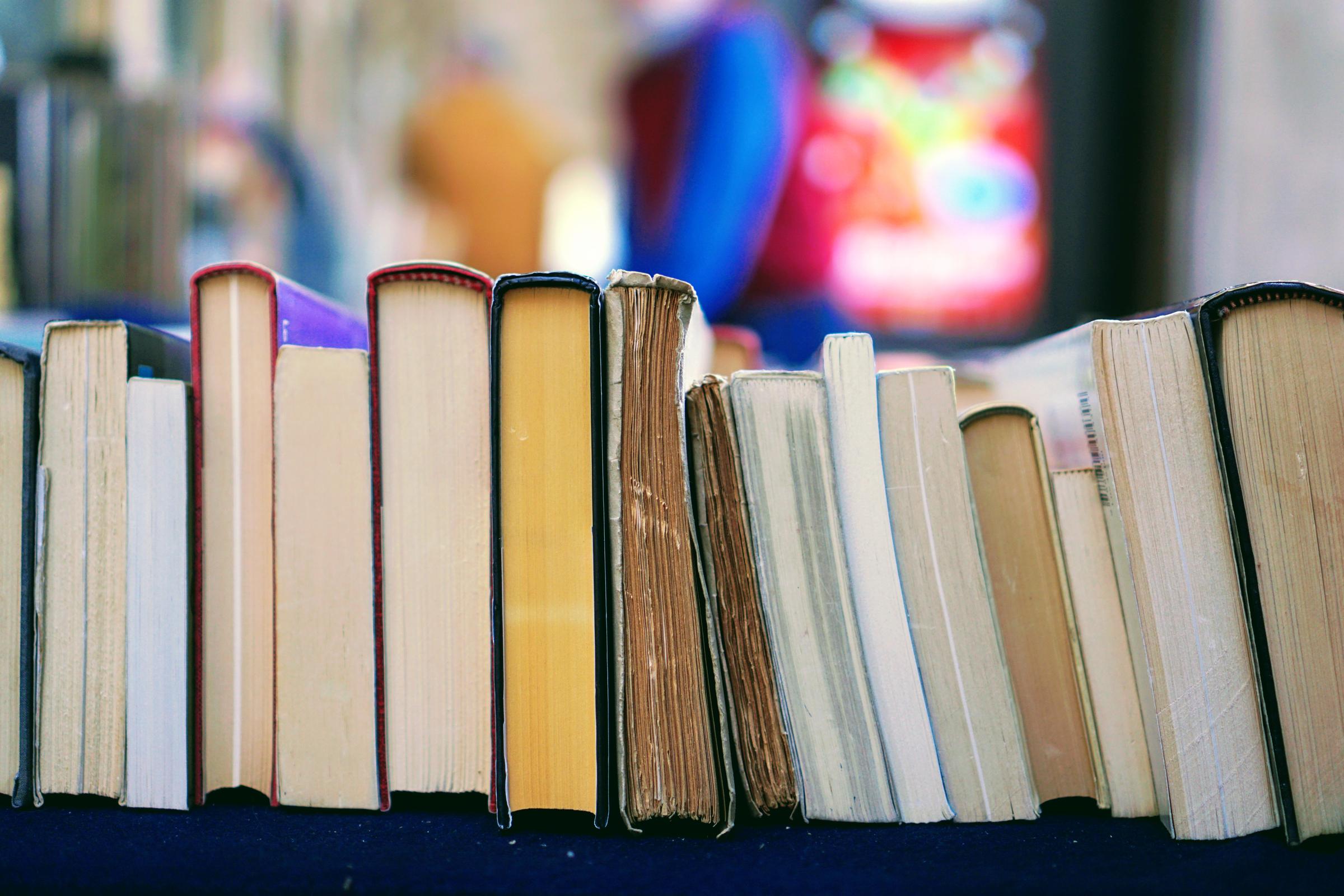Reading Seeds

Dear Murrumbeena Families
In this digital age sometimes it's easier to read digital texts as opposed to printed books. Here's what the science has to say.
7 Scientific Benefits of Reading Printed Books
In recent years, print books have seen a resurgence, and for good reason—they can be better for your brain, health and the planet. With e-waste’s 15% recycling rate, you can feel good about choosing a print book—with paper having a much higher recycling rate (nearly 68%). Plus, paper comes from a renewable resource!
Here are more reasons to choose a paper book:
1. You absorb more information.
Readers of print books absorb and remember more of the plot than readers of e-books do, according to a study that was presented in Italy in 2014. In an earlier study, print readers also scored higher in other areas, such as empathy, immersion in the book, and understanding of the narrative. Scientists believe this effect is related to the tactile sensation of holding a book in your hands.
Seeing and feeling how much progress you’ve made in the story can help readers feel like they’re unfolding the story—both literally and figuratively. Plus, with a print book, it’s easier to go back and confirm information you may be unsure of without losing your place and having to scroll or click back on your device.
Children get distracted by the electronic device and have a harder time focusing on the story itself.
2. They help children become better readers, too.
Another study of young children between the ages of three and five revealed that kids had lower comprehension of the story when their parents read to them from an e-book as opposed to a print book.
Researchers theorize this arises because children get distracted by the electronic device and have a harder time focusing on the story itself.
3. They're easier on the eyes.
Considering that many jobs require you to stare at a computer screen all day, it’s wise to give your eyes a break whenever you can. Electronic books can cause screen fatigue, which may lead to blurred vision, redness, dryness and irritation. With print books, you don’t have to worry about any of that.
If you’re hoping to get a good night’s rest, stick with print.
4. They can help you sleep better.
When you’re winding down for the night, reading from a screen or scrolling through a social media app on your phone are bad ideas. Study after study has shown that the blue light from your screen can toy with your melatonin levels and circadian cycles, making it harder for you to fall asleep and making you feel groggier when you wake up.
In general, though, the engagement and brain activity that come with reading can help you drift off to sleep when you’re having trouble. So if you’re hoping to get a good night’s rest, stick with print.
5. You're less likely to get distracted.
Perhaps unsurprisingly, people who read e-books tend to get sidetracked more easily, but not just because the internet is right at their fingertips. Digital readers tend to spend more time scanning for keywords than actually processing what they’re reading. And with a print book, there’s no chance of getting distracted by links or getting sucked down an internet rabbit hole.
Having books at home encourages children to read for fun and talk to their parents about what they’ve learned.
6. Having a library at home is linked to higher academic achievement.
Students who have books at home are more likely to score higher on tests, according to a study of readers from 42 countries. It doesn’t matter how many books you have, but each additional book helps children perform better in school.
This is especially true for children from disadvantaged families. Researchers believe this is because having books at home encourages children to read for fun and talk to their parents about what they’ve learned, which only stands to benefit them in the classroom.
7. They amplify the joy of reading.
One recent study of college students in the U.S., Slovakia, Japan, and Germany showed that 92% of participants preferred actual books that they can hold and touch and leaf through whenever they please.
Slovakian students in particular said they enjoy the smell of books. Indeed, scientists who have analysed the chemical composition of old books found that the pages contain hints of vanilla (from lignin, a similar-smelling component in paper) as well as grassy notes.
In this sense, taking a whiff of an old book is a little like the enjoyment one gets from smelling perfume or flowers. Studies have also shown that books can make us happier, inspire us to travel, and encourage us to make life-changing decisions.
So don’t feel guilty the next time you spend a little more than you’d planned at the bookstore: Science says it’s good for you.
Maureen Delane
Learning Specialist
